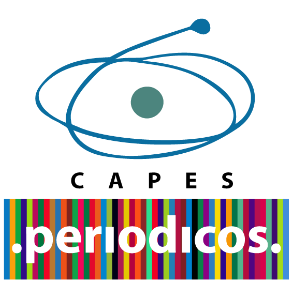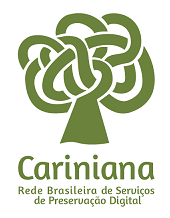Sustainability in the production of family agriculture: the Project Rede Viva Charqueadas
DOI:
https://doi.org/10.5433/2447-1747.2018v27n1p143Keywords:
Sustainability, Agroecology, Solidarity economy, Family farming.Abstract
In this article we analyze the results of the implementation of the Rede Viva Charqueadas project guidelines, conceived through an agreement signed between the of Charqueadas city / RS and Petrobras Fome Zero: Development with Citizenship. The objective of this project was to support small farmers in the of Charqueadas city, identifying the productive matrix and strengthening rural economic development based on sustainable agroecological production techniques. Rede Viva was created to encourage new technologies with potential for inclusion, focused on the organization of a Solidarity Economy program. In this article we present the Rapid Participatory Diagnosis (RPD) in which the reality of each family was analyzed and, from these data, we evaluate the execution of the sustainable actions within the family agriculture.Downloads
Downloads
Published
How to Cite
Issue
Section
License
Copyright (c) 2018 GEOGRAFIA (Londrina)

This work is licensed under a Creative Commons Attribution-NonCommercial 4.0 International License.
The authors retain the copyright simultaneously licensing the work under the Creative Commons Attribution-NonCommercial 4.0 International license. This license allows third parties to distribute, remix, adapt, and develop the material in any medium or format for non-commercial purposes, giving due credit for authorship and initial publication in this journal.
The journal reserves the right to make normative, orthographic, and grammatical changes to the originals in order to maintain the standardized language and the credibility of the vehicle while still respecting the authors' writing style. Conceptual suggestions, changes, or corrections will be communicated to the authors when necessary.
The opinions expressed by the authors of the articles are their sole responsibility.
This work is licensed under a Creative Commons Attribution-NonCommercial 4.0 International license.















